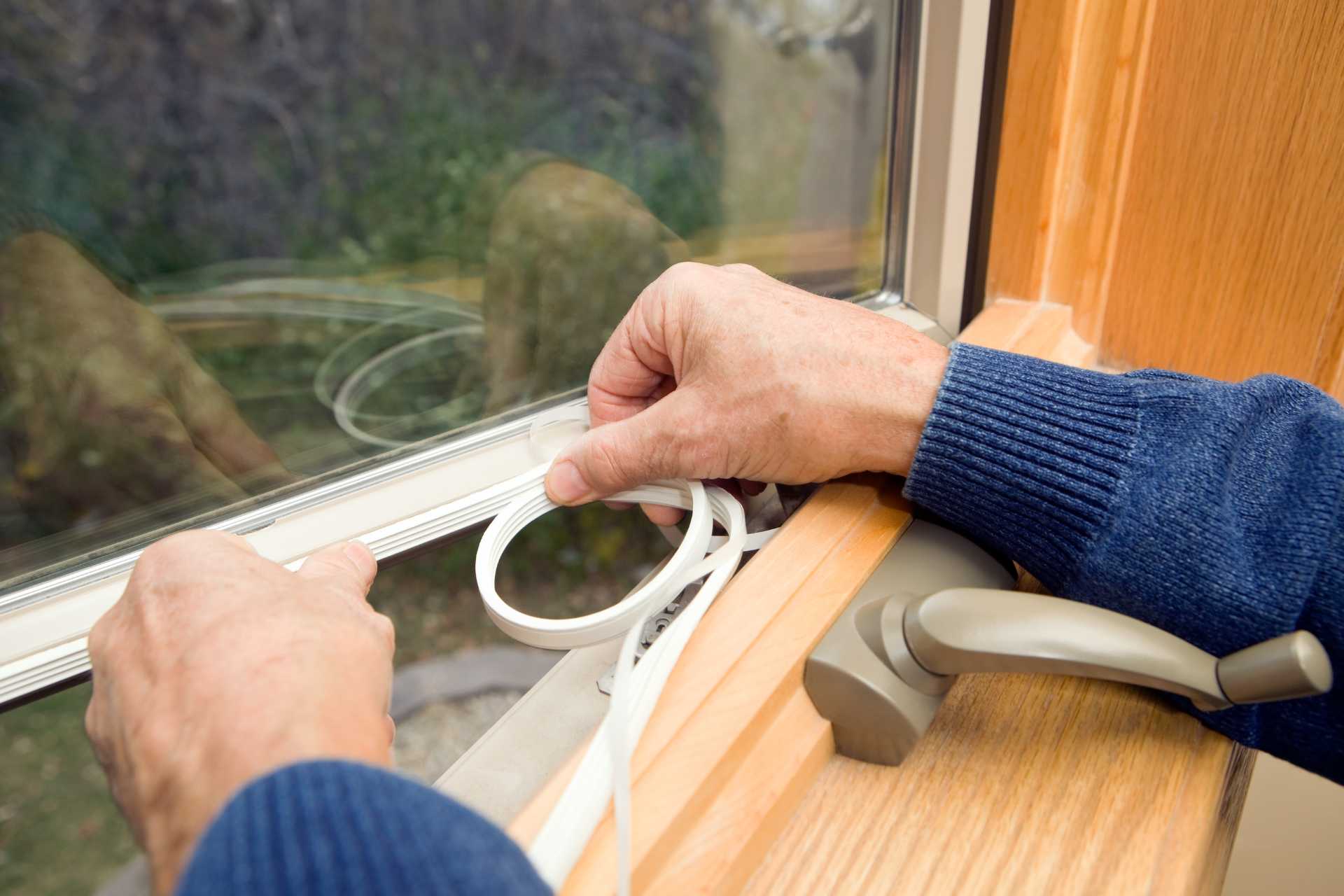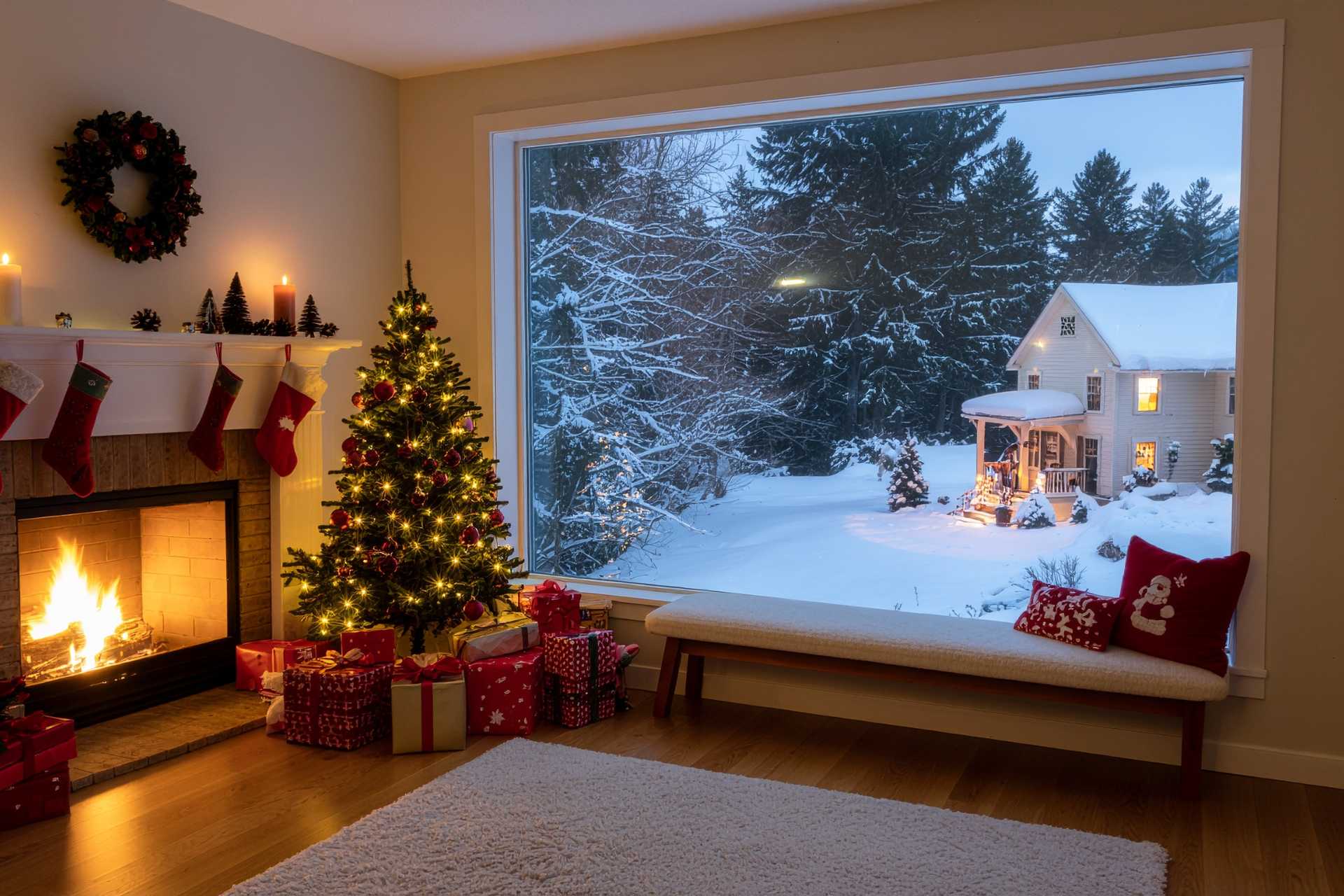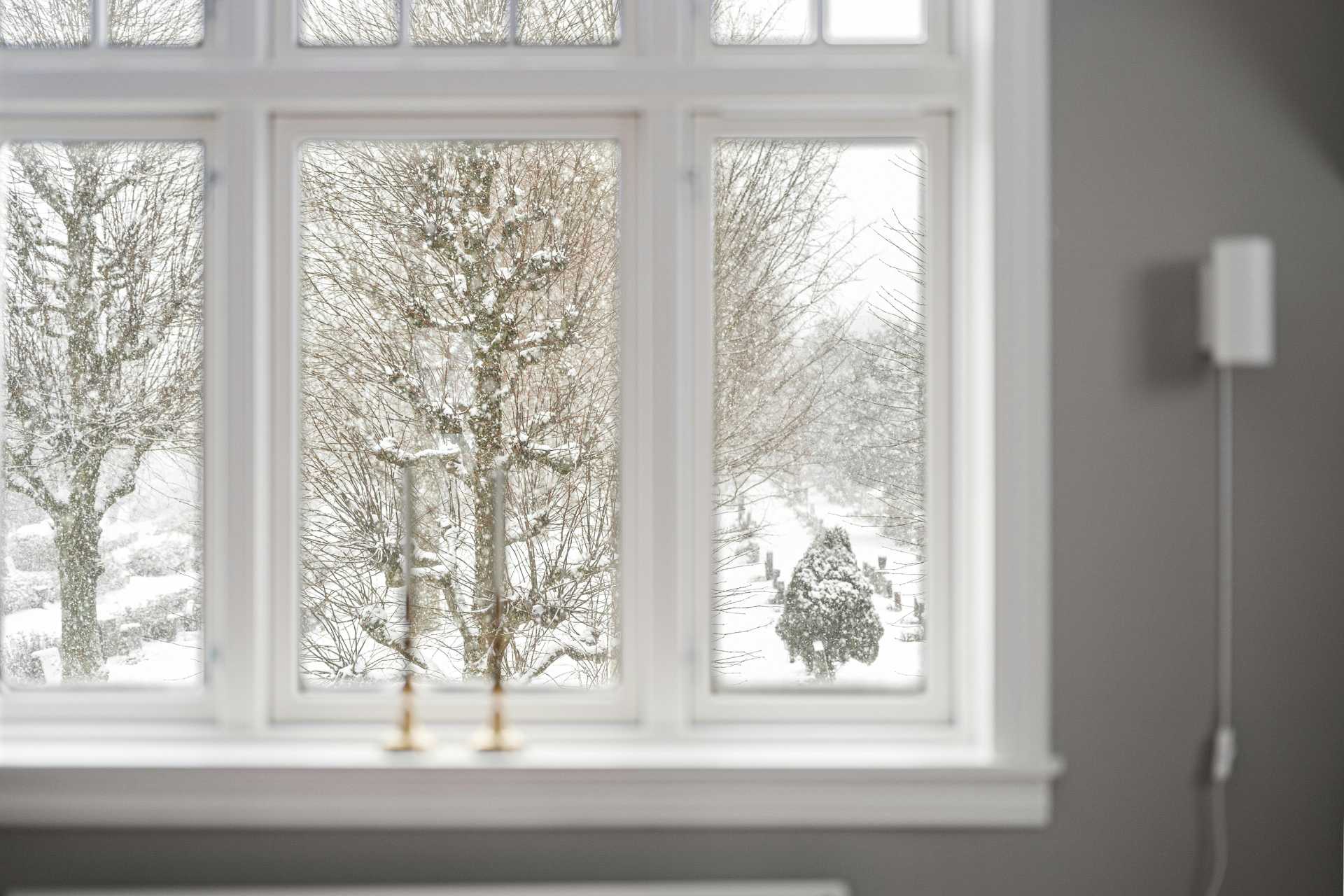The excitement of buying a first home is undeniable. After countless house tours and navigating a competitive market, receiving an accepted offer feels like the final victory. However, beyond the thrill of the purchase lies a crucial question that is often overlooked in the excitement: “What will it actually cost to live here?” The true cost of a home ownership extends far beyond the mortgage payment. A diligent real estate lawyer ensures a clean title transfer, but a smart buyer looks even deeper into the home’s long-term operational costs. Prioritizing energy efficiency, from the quality of the insulation to the performance of a recent window replacement, is one of the most intelligent financial decisions a new homebuyer can make, transforming a property from a simple shelter into a high-performing, sustainable asset.
Why Energy Efficiency is a Non-Negotiable Feature
Energy efficiency is more than just an environmental buzzword. It delivers a powerful “triple bottom line” of benefits to homeowners. The most immediate and tangible benefit is financial savings. An energy-efficient home uses less power to stay warm during Canada’s cold winters and cool during the summer. This translates directly into lower monthly hydro and natural gas bills. This frees up significant cash flow over the lifetime of the mortgage. These savings can be redirected toward other financial goals, such as paying down the mortgage faster or investing for the future.
Beyond savings, energy efficiency provides superior comfort. A well-insulated and properly sealed home has more stable indoor temperatures. It eliminates drafty spots near windows in the winter and stuffy, hot rooms on the second floor in the summer. This creates a more pleasant and consistent living environment year-round. Furthermore, energy efficiency significantly boosts resale value in today’s market. Educated buyers actively look for homes with lower utility costs and green features. A home with certified energy-efficient upgrades is more attractive. It can often command a higher sale price and tends to sell faster than its less efficient counterparts.
Anatomy of an Energy-Efficient Home: Key Features to Look For
The foundation of an energy-efficient home is a tightly sealed building envelope. This starts with high-quality insulation, which acts as a thermal blanket for the home. Insulation’s effectiveness is measured in R-value, and buyers should look for high R-values in the attic—the most critical area for preventing heat loss—as well as in the walls and basement. Just as important is air sealing. Tiny, unseen cracks and gaps around windows, doors, light fixtures, and electrical outlets are major sources of energy loss. A home that has been professionally air-sealed prevents expensive heated or cooled air from leaking out.
Windows and doors are essentially holes in the building envelope, making them a primary site of energy transfer. This is why a modern window replacement is such a valuable upgrade. High-performance windows typically feature double or even triple-glazing (panes of glass), with an inert gas like argon sealed between the panes to improve insulation. They also have Low-E (low-emissivity) coatings, which are microscopically thin metallic layers that reflect heat back to its source—keeping heat inside in the winter and outside in the summer. When a buyer sees that a home has made the choice to upgrade to energy-efficient windows, it is a strong signal of quality and long-term value.
The Buyer’s Toolkit: What to Do During Your Search
Buyers can be proactive in their search for an energy-efficient home. When browsing property listings, look for important keywords. These include “high-efficiency furnace,” “ENERGY STAR rated,” “new windows,” or mentions of specific green certifications. These phrases indicate the seller is aware of and values these features. To get a real-world picture of the home’s performance, it is wise to request the seller’s average monthly utility bills. Ask for copies from the past one to two years. This data provides concrete evidence of the home’s energy consumption and costs.
The home inspection is another critical tool. The inspector should report on several key areas. This includes the visible insulation levels in the attic and the age and condition of the furnace and air conditioner. They should also report on the general quality of the windows and doors. For an even deeper dive, buyers can commission a professional energy audit. A certified energy advisor uses specialized tools, like a blower door test, to pinpoint exact sources of air leakage. They can then provide a detailed report on the home’s overall efficiency, along with recommendations for future improvements.
The Legal Check-Up: Protecting Your Green Investment
The role of a real estate lawyer in the home buying process is critical, and it goes beyond simply searching the title. When a home’s value is enhanced by expensive energy-efficient upgrades, the lawyer’s due diligence ensures the long-term benefits of these investments are properly transferred to the new owner. This is a crucial but often-overlooked step in protecting the purchase. For example, if the home has new custom windows or a recently installed high-efficiency furnace, these products come with valuable manufacturer warranties. The lawyer ensures the legal transfer of these warranties is properly documented in the closing, protecting the buyer from future repair costs.
In Canada, government programs like the Canada Greener Homes Grant have encouraged many homeowners to make green upgrades. A lawyer must verify that any loans or obligations associated with these programs are fully disclosed and properly handled in the purchase agreement. It is also common for equipment like high-efficiency water heaters or even furnaces to be leased. A diligent lawyer will carefully review the terms of any lease agreement the buyer will be assuming to ensure there are no hidden costs or unfavorable clauses. This legal review safeguards the buyer’s investment and prevents future surprises, contributing to a future of low-maintenance living.
Your Smartest Move: From House Hunting to Home Efficiency
In today’s real estate market, prioritizing energy efficiency is one of the most intelligent financial decisions a new homebuyer can make, setting the foundation for a better home ownership experience. It transforms a property from a simple shelter into a high-performing, sustainable asset that is cheaper to operate, more comfortable to live in, and more valuable in the long run. An energy-efficient home does more than just save money; it can also elevate curb appeal through modern, high-quality windows and doors. By making energy performance a key criterion in the property search and working with a team of knowledgeable professionals—including a real estate agent who understands green features and a lawyer who can protect the investment—buyers can ensure their new house is truly a smart home.





